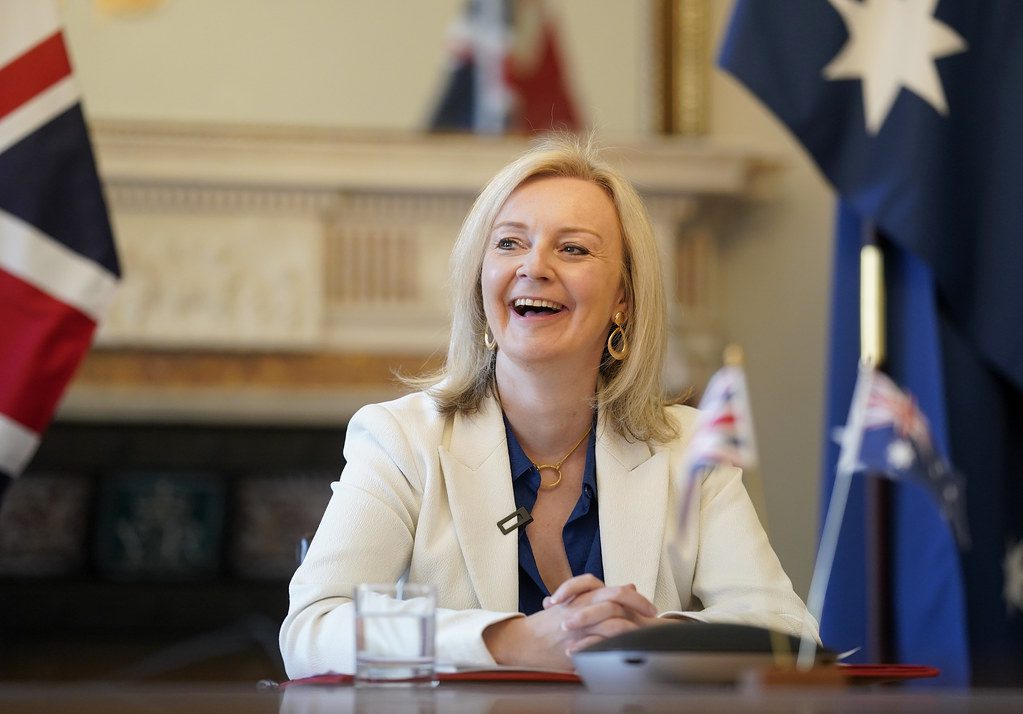
Earlier this afternoon, the result of the Tory leadership race to replace Boris Johnson was announced. Liz Truss defeated Rishi Sunak in the final vote put to Conservative members by a margin of 57% to 43%—a better showing for Sunak than the commentariat expected, but still unambiguous. Truss will now serve as Britain’s 56th First Lord of the Treasury.
Given that a recession looms and prices continue to outpace household budgets, the two candidates have spent the last six weeks prioritizing and sporting their divergent economic plans. It became a clear contest between Sunak’s concern to focus on taming inflation and public debt and Truss’s focus on boosting economic growth, even at the expense of deficit-financed tax cuts. The Tory grassroots plumped for the latter policy platform, which will consequently be implemented between now and the next General Election in 2024.
Truss’s first challenge, as she recognizes, is to address inflation in general and rising energy bills in particular. She has promised an announcement within one week of becoming prime minister, but did not elaborate on how exactly she intends to “put this country on the right footing for winter.” Sir Keir Starmer’s Labour Party, meanwhile, has been much clearer, promising to freeze energy bills altogether. Regardless of whether such a move is wise or fiscally feasible, it has the advantage of being simple, direct, and non-evasive. As incoming prime minister, Truss must now match this with a policy of her own. In her maiden victory speech, she assured the country that more detail would be forthcoming.
Her second challenge will be to deliver on the central promise of her campaign: tax cuts, financed by increasing the budget deficit by £30 billion if necessary, to stimulate economic growth. The idea is that, in the long run, Britain’s public finances will be improved by such generosity, boosting business activity and therefore tax receipts. But before those promised sunlit uplands, Truss will need to navigate the tough fiscal terrain implicit in her advertised route to greater prosperity. Her new chancellor, expected to be Kwasi Kwarteng, has a supremely difficult task on his hands: how to strike a balance between responsible fiscal loosening and the ‘something for nothing’ economics attacked by Sunak throughout the campaign.
Finally, there are the political challenges. The most significant of these is to unite a Conservative party still scarred by the experience of toppling its most successful leader in decades, not to mention the less-than-amicable leadership contest that followed. Indeed, most Conservative MPs—at odds with the membership—had supported Sunak in the earlier rounds. There is also a sticking point in that the former chancellor himself has not made reconciliation as easy as he might have done: only recently, Sunak hinted that he would not serve in a Truss cabinet. (Leaks to the Telegraph suggest that the new prime minister’s government will instead have Kwasi Kwarteng as chancellor, James Cleverly as foreign secretary, and Suella Braverman as home secretary. Full list available here.)
The second political headache she may have to face is how to deal with the shadow cast by Boris Johnson’s departure, perhaps even the continued existence of the outgoing prime minister himself. After all, his public statements will continue to be taken seriously by Conservative voters, many of whom now apparently wish that Tory MPs had not moved to topple him in the first place. Johnson is likely to remain on the backbenches and await an opportunity for a second shot at the premiership à la Winston Churchill in 1950. Liz Truss would be well-advised to watch her back.
Truss becomes the country’s third female prime minister, the 29th to have been educated at Oxford, and the 7th to have attended a comprehensive school. Her Majesty the Queen will invite her to form a government tomorrow.
